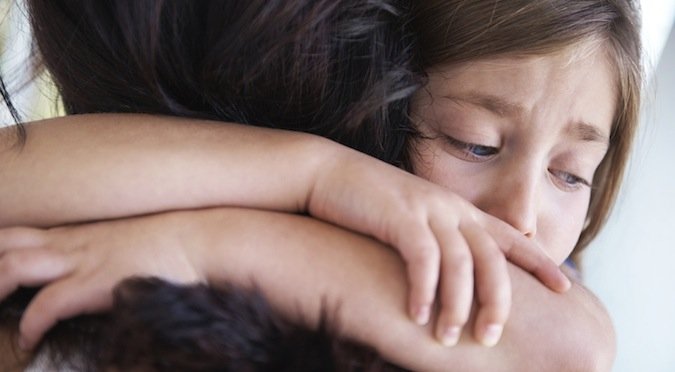Help Children Cope With Suicide

Help Children Cope With Suicide
Those who have experienced suicide know that the grieving process is complex. Children are especially vulnerable when suicide occurs. Death may already be confusing, and adults often do not know how to discuss the topic with young family members. Having an open and honest conversation can help children process the event. It is important to provide children with the proper support after suicide.
Reassurance
According to the American Foundation for Suicide Prevention (AFSP), children may feel responsible for the death. It is important for adults to reassure a child that he or she did not do or say anything that would have caused a loved one to take his or her life. People of all ages who experience grief after suicide usually move through a range of emotions, such as:
- Loneliness
- Feeling responsible
- Shock
- Being ashamed
- Feeling relief
A child may be confused as to why he or she is feeling this way. An adult should comfort children by letting them know that everything they are feeling is normal. Additionally, any family member can seek the help of a support group or counselor, as there are outlets suited for both children and adults.
Regular, Open Discussion
It is normal for children to want to talk at length about what happened or even refuse discuss it. Caregivers should be prepared to answer questions multiple times a day, especially right after the event. Children younger than three typically cannot understand death. Those conversations may be restricted to simply stating that the loved one is gone, and the adult feels sad. Older children may be able to have a more in-depth conversation regarding what happened. The AFSP notes that children should guide the conversation and adults should respond with simple but honest language.
Explaining the Death
Some people may fear that speaking with children about suicide will invite copycat behavior. Experts do not find this correlation. The Centers for Disease Control and Prevention reports that the large majority of people who commit suicide are suffering from some type of mental disorder, such as bipolar disorder, depression or schizophrenia. Some of these conditions may be hereditary, so speaking with children in an age-appropriate way about mental illness will actually help them to become vigilant about their own health as they grow older.
Memorializing a Loved One
Another way to help a child deal with grief after suicide is to honor the loved one who has passed. This may include writing about cherished memories, creating a memorial box with photos and stories or planting a tree in the individual’s honor.
A suicide is an unfortunate event that may entail a lengthy grieving process. If someone you love chooses to end his or her life, the professionals at Aftermath offer compassionate and respectful suicide clean up services. The process is the start of the healing journey for many people affected by suicide. Aftermath’s employees are trained to not only comply with federal standards, but they can also help families seek grief counseling.
 877-872-4339
877-872-4339  Contact Us
Contact Us 






